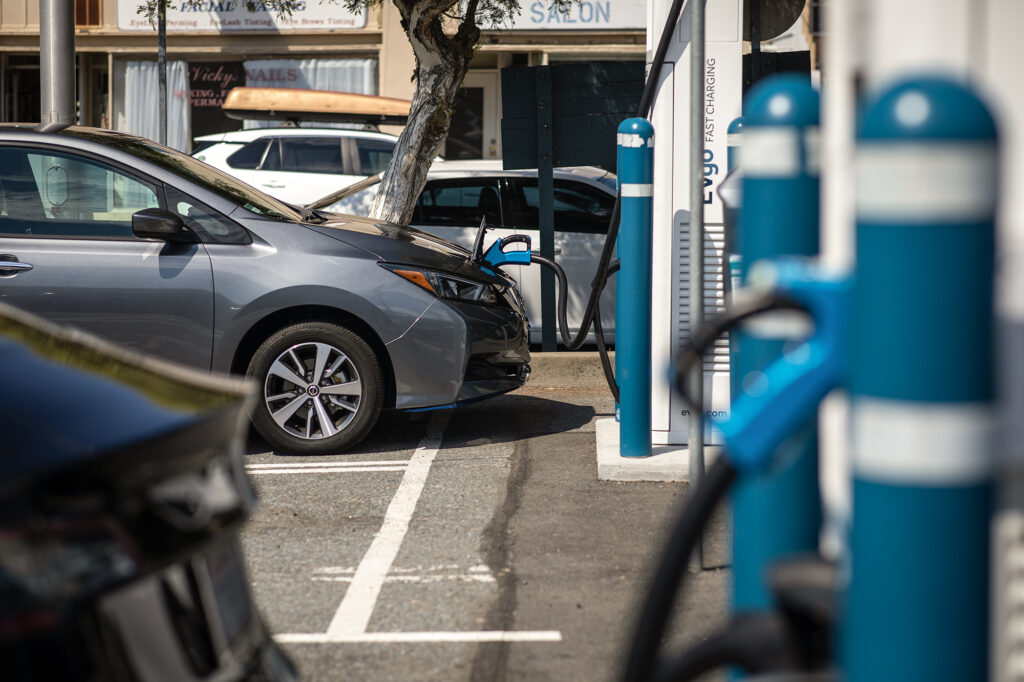Supreme Court to Evaluate Oil Companies’ Challenge to California’s Emission Waiver
The U.S. Supreme Court is set to deliberate on whether the oil industry can contest a federal waiver that allows California to enforce its own vehicle emissions standards, a crucial component of the state’s strategy to reduce air pollution and address climate change.
Oil companies, joined by other fuel producers and 17 states, contend that the federal government overstepped its bounds under the Clean Air Act by permitting California to implement stricter emission rules. These standards, which are not directly applied to fuel companies, target automakers instead.
While the Supreme Court will scrutinize whether these companies have the legal standing to pursue the case, it has declined to review the legality of the Biden administration’s decision to reinstate the waiver. Chet Thompson, president of the American Fuel & Petrochemical Manufacturers, expressed the industry’s eagerness to present their arguments, stating, “Congress did not give California special authority to regulate greenhouse gases, mandate electric vehicles or ban new gas car sales — all of which the state is attempting to do through its intentional misreading of statute.”
California’s unique authority to set its own emission regulations dates back to a 1967 clean air law, allowing the state to adopt tougher standards due to its history of regulating emissions before the federal law was enacted. This special provision has been instrumental in California’s ongoing battle against air pollution, despite persistent smog and soot issues.
The legal challenge originates from the Trump administration’s 2019 decision to revoke a waiver granted by the Obama administration for California’s zero-emission vehicle mandate. The waiver was reinstated by the Biden administration in 2022, prompting the current lawsuit against the Environmental Protection Agency by oil companies and several Republican-led states.
The U.S. Court of Appeals for the District of Columbia Circuit previously ruled in favor of the EPA, leading to the industry’s appeal to the Supreme Court. California’s Advanced Clean Cars I regulation, which is at the heart of this dispute, aims to reduce greenhouse gas emissions by increasing the sales of zero- and low-emission vehicles through 2025, with the goal of achieving all new car sales as zero-emission by 2035.
This legal battle unfolds as California seeks EPA approval for several new emission standards, including those requiring cleaner trucks and zero-emission vehicles. These efforts are critical to the state’s climate goals, yet face hurdles as the EPA has yet to approve some of these waivers.
In federal law, Congress has defined specific conditions under which the EPA can reject California’s waivers, such as arbitrariness, lack of necessity for pollution control, or inconsistency with federal law. As the case progresses, the Supreme Court’s decision could have significant implications for state and federal authority over environmental regulations.
Original Story at calmatters.org
